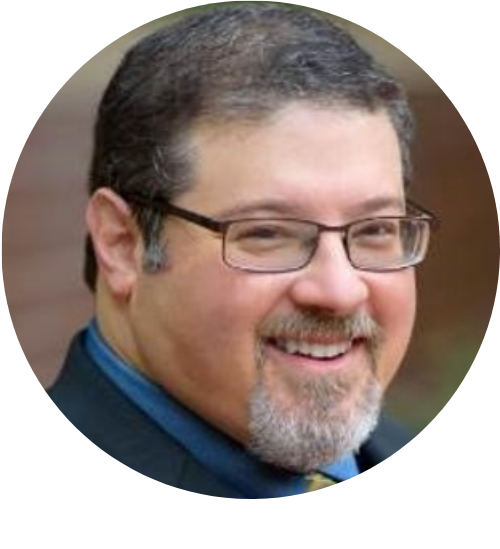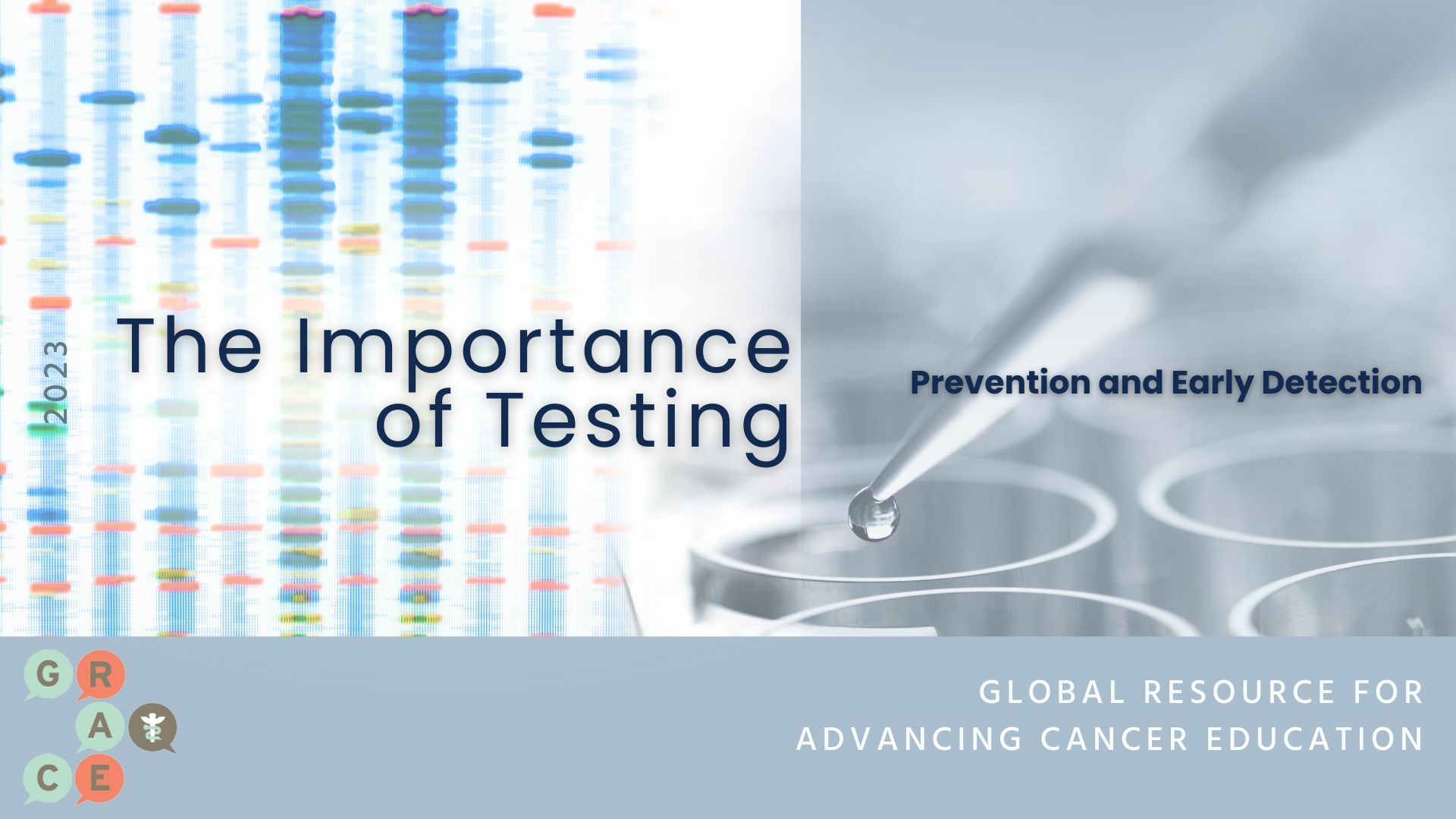Article and Video CATEGORIES
In a terrific podcast done a year ago about molecular markers in lung cancer and moving beyond a "one size fits all approach", Dr. Ross Camidge from the University of Colorado Cancer Center in Denver mentioned an early but very important effort called the Lung Cancer Mutation Consortium, an initiative supported by the National Cancer Institute that was started at the University of Colorado and currently includes 14 cancer centers around the country.
Briefly, the goal of the consortium is to better characterize the molecular profiles of lung cancer, focusing currently on lung adenocarcinomas, in an effort to understand and deliver the best treatments to patients in a personalized manner. This would move us from seeing adenocarcinomas as a monolithic concept to one in which we might pursue different paths based on molecular subtypes within the category of adenocarcinomas:
Why adenocarcinomas? Because they have tended to be an easier goal for teasing apart culprit mutations for which we may be able to deliver targeted therapies. The concept is predicated on the idea that about half of patients with a lung adenocarcinoma have a more limited, discrete collection of "targetable" mutations than other subtypes, so hopefully these will provide the inroads to a mindset of molecularly-guided treatment for lung cancer that will be gradually broadened to more lung cancer subtypes as we disentangle the biological underpinnings of lung cancer, including ones with multiple molecular targets.
At the present time, the consortium enrolls patients with an adenocarcinoma and who have tumor tissue available (up to 1000). They test for a battery of 10 distinct mutations, with one of these being identified in more than half of the patients with a lung adenocarcinoma:
In addition to some very well known and described mutations like EGFR, KRAS, as well as EML4-ALK translocations, there are several that haven't really been the subject of much discussion in lung cancer. While it's good to have a better understanding of how prevalent different molecular defects actually are, another key goal is to identify new, effective treatments for them. Most of the mutations don't currently have a well established agent or combination that can address the problem, but the consortium participants are collaborating in providing a collection of trials for most or all of the identified mutations on the list. This can potentially help overcome the problem of having very small populations of patients with a target. If these patients can be funneled to the right places, even trials that may be ideal for just 2% of patients can be completed, allowing us to move the field forward and identify potentially effective new therapies. We will discuss more about the various molecular markers and potential therapies in the future.
The Lung Cancer Mutation Consortium offers some terrific opportunities. First, patients who find their way to one of these centers can have their tumor tissue tested at no cost for a battery of both common and uncommonly tested molecular markers, by quality-tested labs. Second, and very importantly, they can have the opportunity in many cases to participate in clinical trials with novel agents designed based on solid concepts of how these agents may be effective for their individual molecular profile. Third, this effort provides a larger collection of tissue for extensive testing that could yield a better understanding of how their cancers behave in general, potentially leading to identification of new targets and treatments, not only for those with an adenocarcinoma, but also for people with other cancers.
A shortcoming is that this program requires patients to find their way to one of the participating centers, and they need to have sufficient tumor tissue available, which may require an additional biopsy. It is currently restricted to those lung cancer patients with an adenocarcinoma, leaving a significant fraction of the lung cancer population without such an opportunity. Moreover, about 40% of those who participate will be found to have none of these ten mutations (a new term, "deca-negative", is now starting to be used to describe the situation of being 0 for 10 on currently "targetable" mutations).
Nevertheless, I think the most exciting developments in the field of lung cancer in the last 5-10 years have stemmed from a transition away from a view of lung cancer as one entity to a more refined concept that it represents multiple distinct diseases that we can treat more effectively by seeing and treating as a varied collection of possible versions of lung cancer. This view is accompanied by a growing collection of recognized relevant mutations. Our ability to identify one or more underlying molecular culprits will improve, so that we move from 60% marker identification to much higher numbers in coming years, and then from adenocarcinoma to other cancers. This is all a part of the sea change to molecular oncology, and it all starts with getting and studying more tumor tissue.
Please feel free to offer comments and raise questions in our
discussion forums.
Forum Discussions
Waiting for my appointment with oncologist this morning. Thank you for the response. It helps. <3
It sounds like you’re thinking of this in a very appropriate way. Specifically, it sounds like the growth of the nodule is rather modest, though keep in mind that the change...
Hi and welcome to GRACE. I'm sorry your mom is having this difficulty. An indwelling catheter is used when the pleura space continually fills and the catheter is always there to...
Hi Oaktowngrrl, Welcome to Grace. I'm so sorry you're going through this.
Finding a reputable dedicated thoracic surgeon for lung surgery might be difficult, as it is a complex and...








Hi Blaze,
As much as I hate to say it, Welcome back Blaze. It sounds like you're otherwise feeling good and enjoying life which is a wonderful place to be. ...